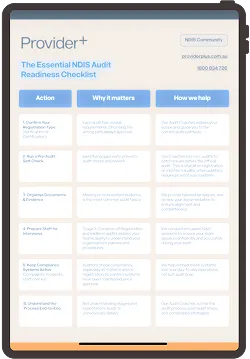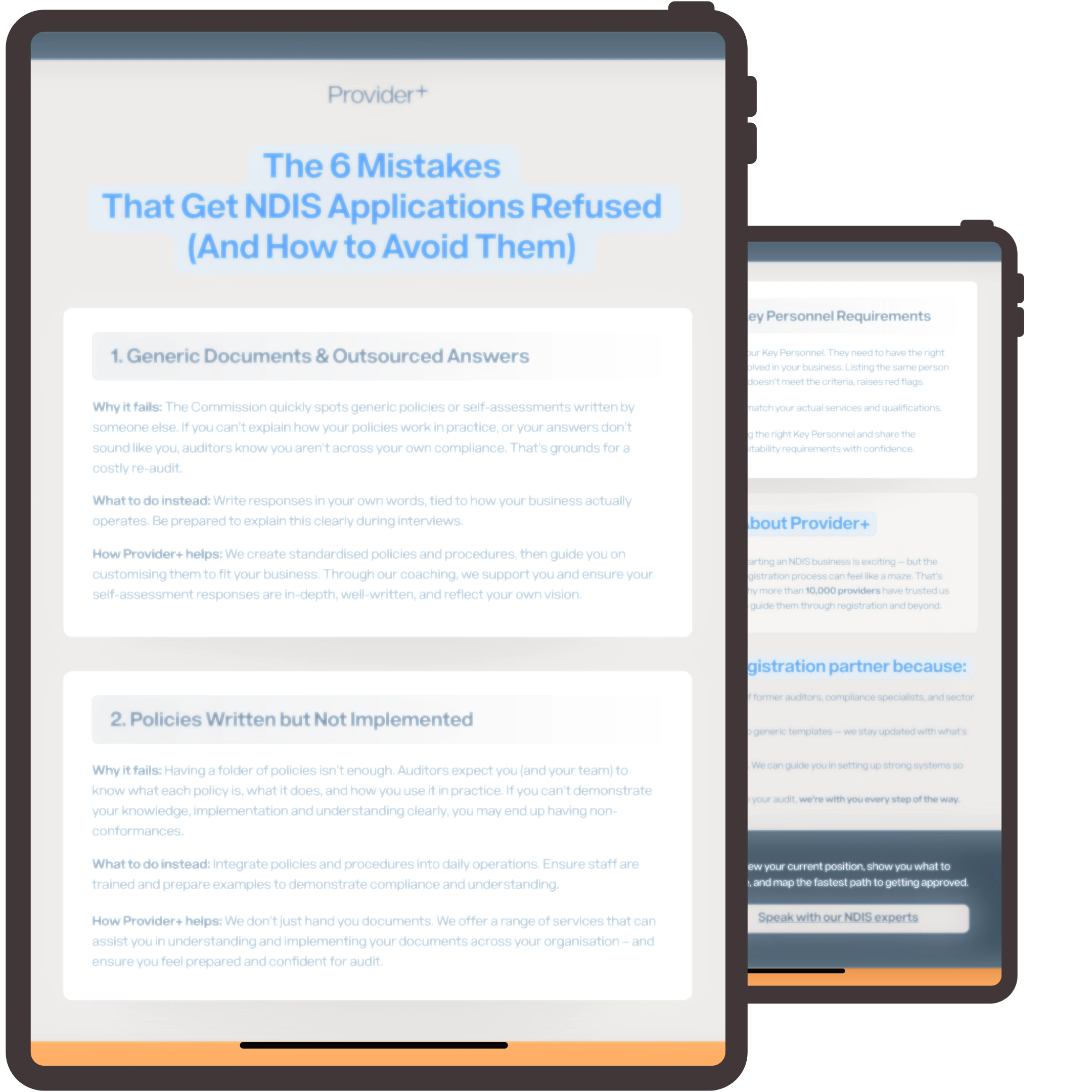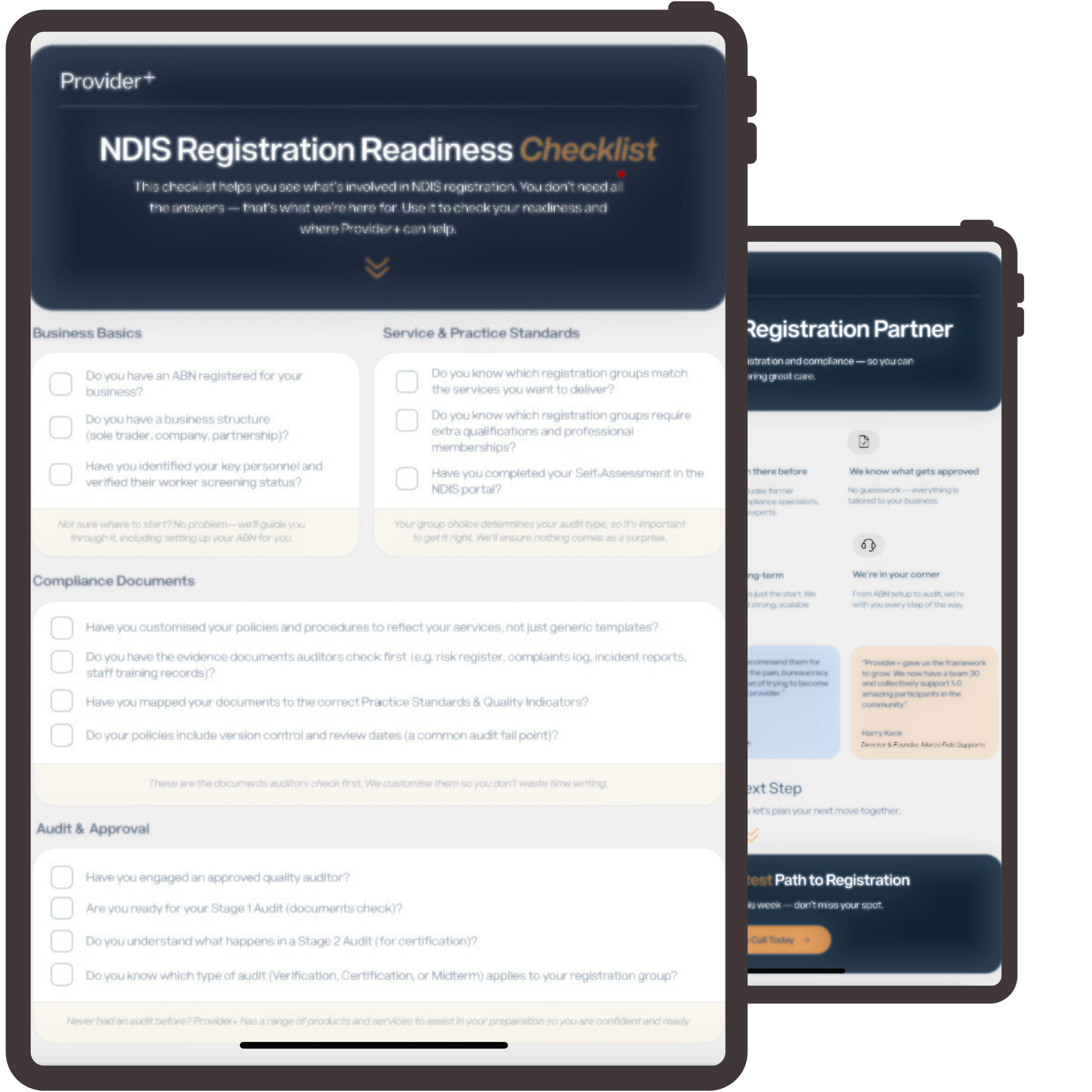The Negative Impact of The NDIS Over 65 Rule
Find out more about the NDIS Over 65 Rule, its implications, and guidance on navigating support options.
The National Disability Insurance Scheme (NDIS) has long been a crucial lifeline for people living with disabilities in Australia, offering vital support and services to improve their quality of life. However, the NDIS Over 65 Rule has become a controversial topic, particularly for individuals over the age of 65 who find themselves excluded from accessing these essential services. This age-based restriction has raised concerns, as many elderly Australians with disabilities face a lack of appropriate care and support. In this article, we will delve into the negative impact of the NDIS Over 65 Rule, examining how it affects those in need, the implications for the disability sector, and what this means for the future of disability support in Australia.
Background
Australians over 65 are not eligible for the NDIS unless they previously applied for and received NDIS support before their 65th birthday. As one can imagine, disability advocates often describe this as discrimination, and pressure has been mounting on the Government for years to have it changed.
On the NDIS Commission’s website, there is a list of eligibility criteria for deciding who can access the scheme, and the first question is:
Question 1: Are you aged between 7 and 65?

Remember, to be eligible for the NDIS, you must be younger than 65 on the day you apply.
Those 65+ with a disability may be disadvantaged, depending on their individual circumstances and if they are an NDIS participant or not.

Under current legislation, when a participant turns 65 they cannot access more intensive aged care supports, such as the 24/7 nursing care offered in residential aged care settings, without giving up their NDIS supports, meaning that older Australians with disability are not necessarily accessing the services that best meet their needs.
The 65+ rule has seen people with neurological disorders, autoimmune diseases, and injuries resulting in a permanent and significant disability placed into the aged care system as they are not eligible for the NDIS. Many feel those unlucky enough to fall into this group are unnecessarily placed in homes and hospitals due to insufficient support. Family members are often left to shoulder the financial and physical burden of their loved one’s condition, as pensions are not enough to cover the costs.
The Australian Institute of Health and Welfare has recently published a report on the increased rates of disability in Australia, due to an ageing population, identifying that “these patterns are creating challenges for the disability and aged care services systems.”
The Sax Institute is currently undertaking the 45 and Up Study – Australia’s largest ongoing study on health and ageing, identifying:
“By 2050, millions more Australians will need aged care or support for a disability. And the number of people with dementia will have tripled to more than 1.5 million. These critical and interconnected issues are important national challenges.”
Proposed Reforms
The Final Report from the Working Together to Deliver the NDIS review outlines a key recommendation aimed at improving access to both NDIS and aged care services for participants over 65. Specifically, recommendation 2.11 advises the Australian Government to introduce legislative changes allowing participants to access supports from both the NDIS and the aged care system concurrently. It also calls for clear guidelines on when aged care supports are considered reasonable and necessary. This includes a detailed assessment of aged care funding to ensure that older Australians receive the financial support needed for their care.
The report emphasises that the NDIS was never intended to replace the aged care system but rather to complement it, ensuring both systems work in harmony.
However, it remains uncertain whether this recommendation will be accepted and translated into legislation.
Key statistics
The Australian Bureau of Statistics (ABS) has published the Disability, Ageing and Carers, Australia: Summary of Findings, demonstrating the need for a joint approach to people with disabilities who are older than 65.
Disability

- 5.5 million Australians (21.4%) had disability, up from 17.7% in 2018.
- 15.0% of people aged 0-64 years had disability, compared with 52.3% of people aged 65 years and over.
- Disability prevalence was similar for males (21.0%) and females (21.8%).
- The assessment of disability rates also considers the impact of various medical conditions on individuals' daily lives.
- 7.9% of all Australians had a profound or severe disability.
Older people

- 17.1% of Australians were aged 65 years and over (up from 15.9% in 2018).
- 95.9% of older Australians were living in households, while 4.1% lived in cared-accommodation.
- 52.3% of older Australians had disability, and 86.6% had one or more long-term health conditions.
- 39.8% of older Australians living at home needed some assistance with everyday activities. This assistance often includes personal care services such as bathing, dressing, and grooming to help them maintain their independence.
Carers

- There were 3.0 million carers, representing 11.9% of all Australians living in households (up from 10.8% in 2018).
- 12.8% of all females were carers, compared with 11.1% of all males.
- There were 391,300 young carers (under the age of 25), up from 235,300 in 2018.
- There were 1.2 million primary carers in Australia, and of these, 43.8% had disability themselves. Respite care services are essential in providing temporary relief for these caregivers, ensuring they can take breaks while their loved ones receive the necessary support.
What Happens to existing NDIS Participants when you are 65+?

The good news is that if you became an NDIS Participant prior to turning 65, you can continue to receive NDIS supports as per normal, keeping in mind that you will no longer be eligible if any of the following occurs:
- You move into a residential aged care service permanently for the first time after you turn 65, or
- You start getting home care services permanently for the first time after you turn 65.
Aged care services are services funded by the Department of Health and Aged Care. This includes residential aged care and home care services.
The supports you get in residential aged care can be different from NDIS supports outside aged care facilities. Community services also play a crucial role in providing additional support to older Australians, helping them maintain their independence and well-being.
Find out more about residential aged care services on the Department of Health and Aged Care's website.








